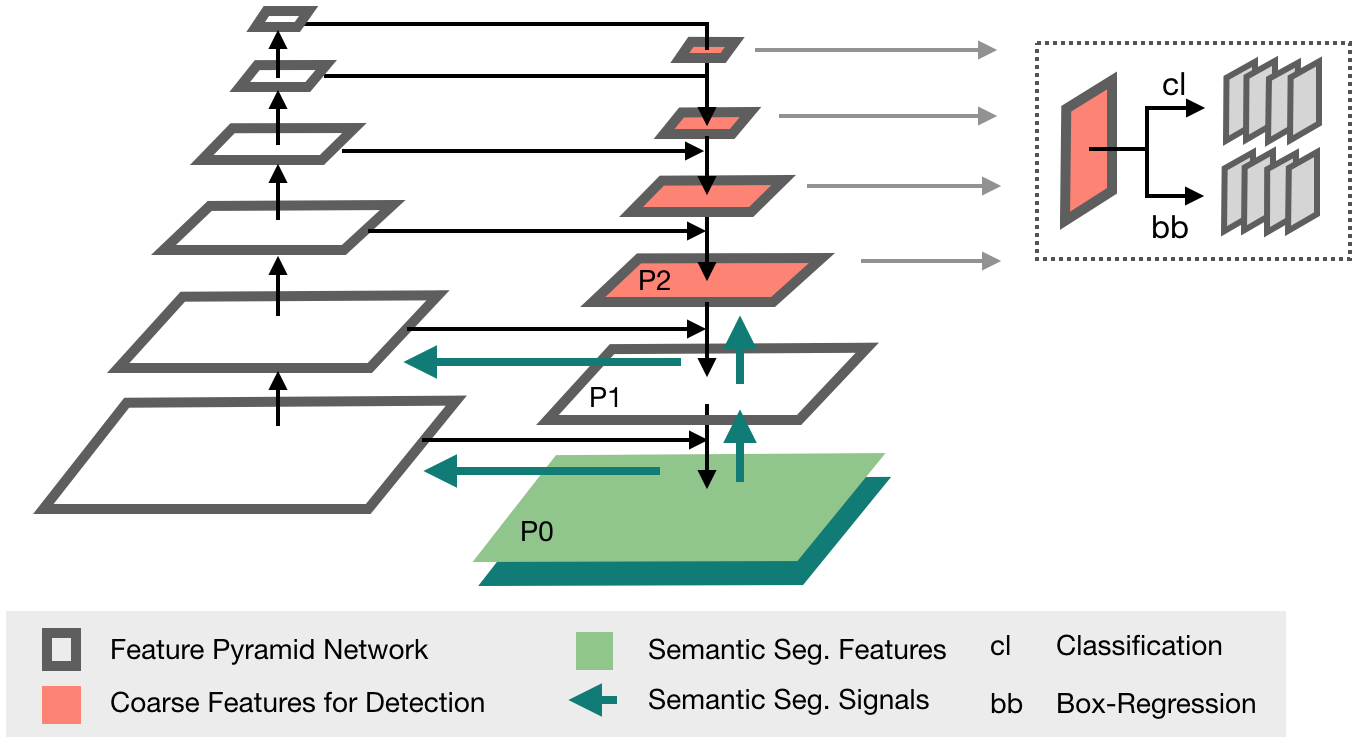
The Rivet programming language
A general-purpose programming language, focused on simplicity, safety and stability.
Rivet's goal is to be a very powerful programming language and at the same time easy to use, with a syntax inspired mainly by Rust and C# (which are the coolest languages I've ever seen), and by other languages such as Python, Lua, TypeScript, etc.
It is true that there are many programming languages and each of them specialized in a field; some with strange syntax in my opinion (like Lisp) and others with a high learning curve, but Rivet tries to be an exception by trying to become a unique language with a clear and simple syntax and a low learning curve.
NOTE: Rivet is still in the development phase.
Features
- Easy-to-learn syntax: A syntax without overload of unnecessary elements.
- Easy error handling: Via result types:
fn alloc() !. - Named and optional arguments: Very useful.
- Struct inheritance and polymorphism: Traits and Tagged Unions are also supported.
- Ownership and Borrowing: Rivet has a very simplified version of Rust's Ownership and Borrowing system. The lifetimes are inferred by the compiler.
- Templates: Reuse (and specialize) the same code for different types!.
Dependencies
The Rivet compiler currently generates C code, so a C compiler, which supports C11, is required to generate executables. Over time the compiler will add support for generating binaries directly without the need for a C compiler.
Run the compiler
NOTE: To run the compiler you must have Python 3.
NOTE: Only LINUX for now.
Just execute python3 rivetc.py.
Copyright (C) 2022 The Rivet Team








